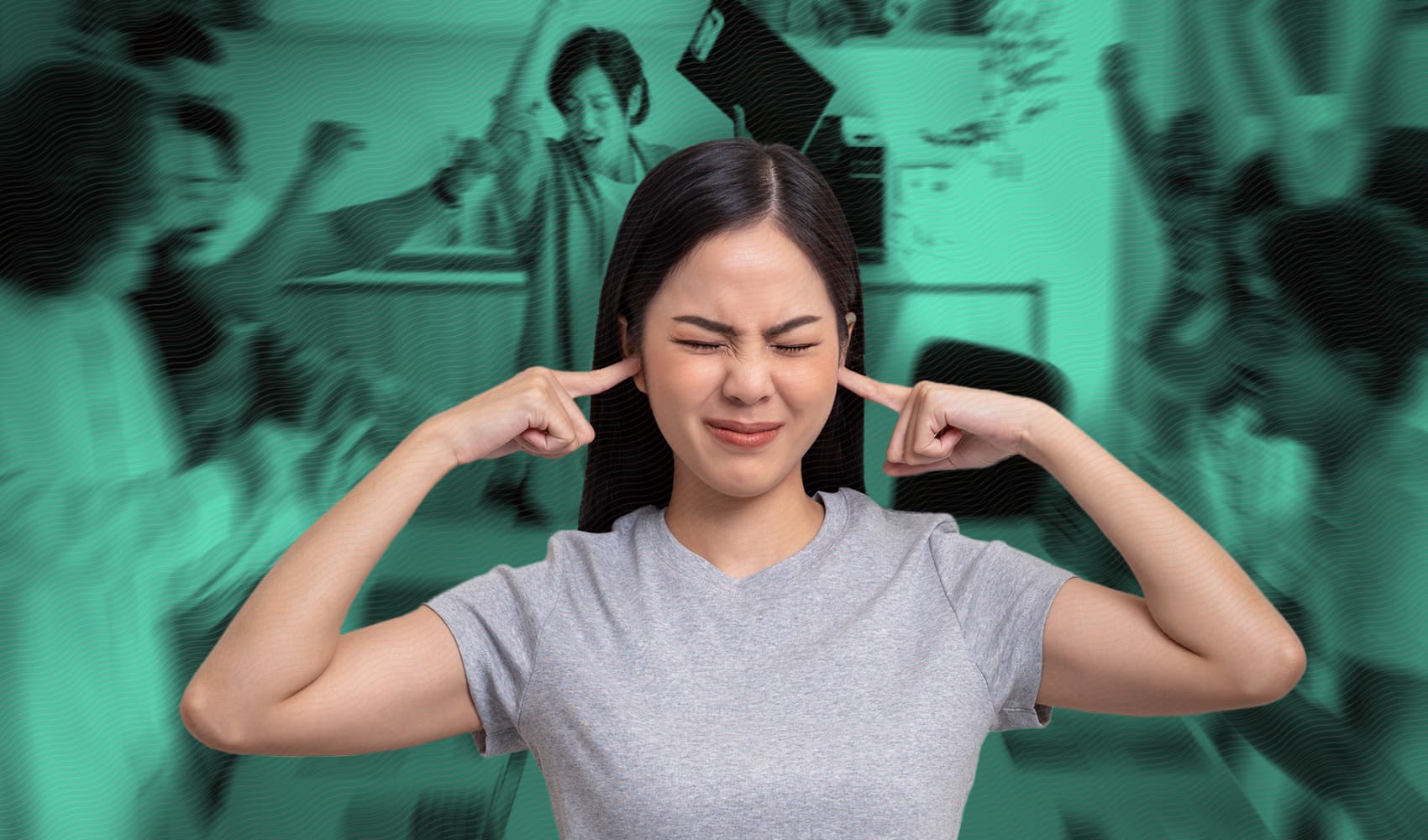
Working remotely is here to stay, meaning much of our contact with co-workers will remain split over different digital platforms. This can make it difficult to maintain focus. Here are some tips to help to cope if you're feeling overwhelmed.
Many companies have opted for implementing a hybrid of remote and on-site working for the foreseeable future in the wake of the coronavirus pandemic.
Working from home has its perks but it also means most of our communication with co-workers will be divided across a number of different platforms, such as Slack, Zoom and Microsoft Teams, to name a few. In the office, by comparison, these digital forms of communication were more interspersed with in-person conversations and meetings with colleagues, which by nature, required our undivided attention.
However, with different digital platforms all open at once, there is the temptation to feel as if we need to respond to multiple conversations simultaneously, spreading our focus more thinly.
Get Tri-state area news and weather forecasts to your inbox. Sign up for NBC New York newsletters.
Linda Stone, consultant and former vice president at Microsoft, told CNBC via telephone that people often "imagine that we are as limitless as the capacity of the technology."
She said that people "tend to compare ourselves and productivity to these devices but that's not really who and what we are and so it's a matter of sort of making peace with our humanity."
'Screen apnea'
Money Report
Stone said one of the most important things people can do to combat a feeling of digital information overload is to focus on breathing. She pointed out that people tend to hold their breath when opening and reading an email, for example.
"This compromised breathing tends to bring us more to a state of fight or flight," Stone said, explaining that it causes the "autonomic nervous system to get more agitated."
Stone called this: "Email apnea," or more broadly "screen apnea," a term which she coined.
Stone also referenced the term "continuous partial attention," which, as it suggests, is the idea of constantly paying only partial attention to different tasks in an effort not to miss anything.
In addition to focusing on breathing, Stone recommends that people only write small lists of between three to five tasks to tackle that day, matching the activity to the piece of technology on which it would be completed. Any other tasks should then be added to a longer to-do list that can be tackled when there is a free moment or on another day, she said.
Stone advised that people look for "interruption-free windows" in order to be able to better focus on certain tasks.
'Quick win'
Sharon Horwood, a senior lecturer of psychology at Australia's Deakin University, told CNBC via email that she recommended turning off app notifications in order to better manage "work-related technostress."
"It's often met with looks of disbelief, but if you take a moment to look at every app that sends you any kind of signal [beeps, vibrations, blinking lights] and think hard about whether you really need to know about it the moment something happens, you'll probably find that in most cases you don't," she said.
Horwood suggested limiting workplace communication apps to the main device you work from, such as a PC or laptop, "so that you can 'quarantine' work time to when you are sat in front of them."
Furthermore, Horwood said people may wish to start conversations at work about what is and isn't expected of them in terms of the rate of responsiveness in digital communications.
Horwood said another "quick win" would be to add a note to an email signature to "indicate that the sender's scheduled work time is outside of regular business hours and that there is no expectation of a reply from the recipient until they start work again."
Horwood said it was really about building up the work-life boundaries that were eroded by working remotely amid the coronavirus pandemic.
Check out: Why laughter can make you more productive at work






